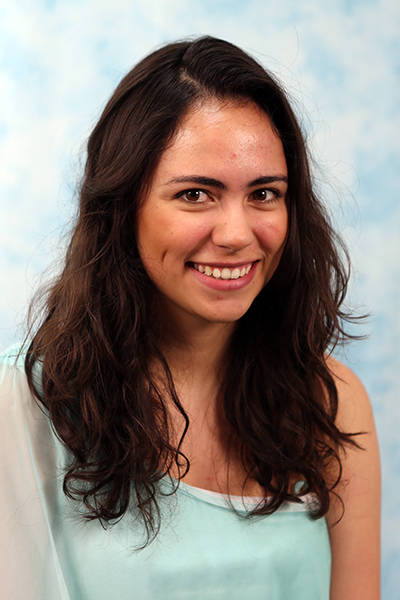Student Talks
Carnegie Mellon University
Improving Imitation Learning through Efficient Expert Querying
Learning from demonstration is an intuitive approach to encoding complex behaviors in autonomous agents. Learners have shown success in challenging tasks like autonomous driving, aerial obstacle avoidance, and information gathering, through observation and mimicry alone. State of the art algorithms like Dataset Aggregation (DAgger) have made significant advances over traditional behavior cloning, demonstrating strong theoretical [...]
Carnegie Mellon University
Provably Optimal Design of a Brain-Computer Interface
Abstract: Brain-computer interfaces are in the process of moving from the laboratory to the clinic. These devices act by reading neural activity and using it to directly control a device, such as a cursor on a computer screen. Over the past two decades, much attention has been devoted to the decoding problem: how should recorded [...]
Failure Is an Option: How the Severity of Robot Errors Affects Human-Robot Interactions
Abstract: Just as humans are imperfect, even the best of robots will eventually fail at performing a task. The likelihood of failure increases as robots expand their roles in our lives. Although task failure is a common problem in robotics and human-robot interaction (HRI), there has been little research investigating human tolerance to said failures, [...]
Carnegie Mellon University
Extensions of the Principal Fiber Bundle Model for Locomoting Robots
Abstract: Our goal is to establish a rigorous formulation for modeling the locomotion of a broad class of robotic systems. Recent research has identifi ed a number of systems with the structure of a principal fiber bundle. This framework has led to a number of tools for analysis and motion planning applicable to various robotic [...]
Carnegie Mellon University
Scaling up Self-Supervision for Robot Learning
Abstract: A general purpose robot will need to interact with objects in cluttered environments with minimal supervision. Machine learning provides methods that can deal with these complex tasks without explicitly modelling the environment. More recently, deep learning techniques combined with large scale data has revolutionized the fields of computer vision, language processing and reinforcement learning. [...]
Carnegie Mellon University
Safe Data Gathering in Physical Spaces
Abstract: Reliable and efficient acquisition of data from physical spaces has widespread applications in industry, policy, defense, and humanitarian work. Unmanned Aerial Vehicles (UAVs) are an excellent choice for data gathering applications, due to their capability of gaining information at multiple scales. A robust data gathering system needs to reason about multi-resolution nature of information [...]
Carnegie Mellon University
Robot Learning in Homes – Improving Generalization and Reducing Dataset Bias
Abstract: Data-driven approaches to solving robotic tasks have gained a lot of traction in recent years. However, most existing policies are trained on large-scale datasets collected in curated lab settings. If we aim to deploy these models in unstructured visual environments like people’s homes, they will be unable to cope with the mismatch in data [...]
Carnegie Mellon University
Online, Interactive User Guidance for High-dimensional, Constrained Motion Planning
Abstract: We consider the problem of planning a collision-free path for a high-dimensional robot. Specifically, we suggest a planning framework where a motion-planning algorithm can obtain guidance from a user. In contrast to existing approaches that try to speed up planning by incorporating experiences or demonstrations ahead of planning, we suggest to seek user guidance [...]
Carnegie Mellon University
MRFMaps: A Representation for Multi-Hypothesis Dense Volumetric SLAM
Abstract: Robust robotic flight requires tightly coupled perception and control. Conventional approaches employ a SLAM algorithm to infer the most likely trajectory and then generate an occupancy grid map using dense sensor data for planning purposes. In such approaches all the robustness and accuracy costs are offset to the SLAM algorithm; if there are any [...]
Carnegie Mellon University
Learning to learn from simulation: Using simulations to learn faster on robots
Abstract: Learning for control is capable of acquiring controllers in novel task scenarios, paving the path to autonomous robots. However, typical learning approaches can be prohibitively expensive in terms of robot experiments, and policies learned in simulation do not transfer directly due to modelling inaccuracies. This encourages learning information from simulation that has a higher [...]









